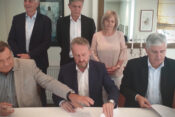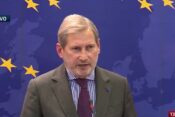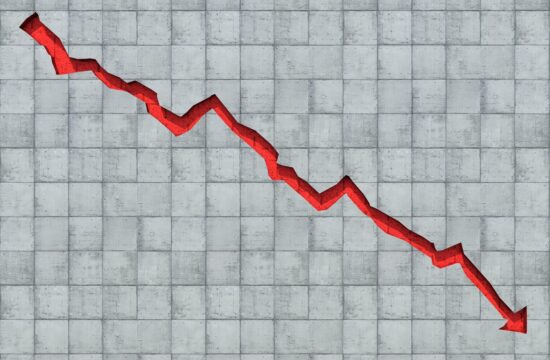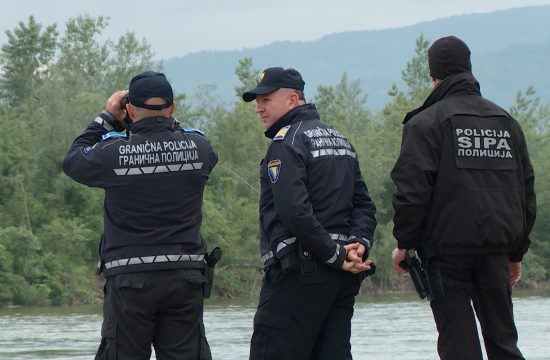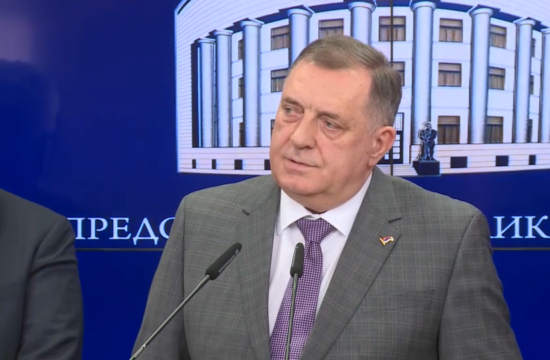
It is now up to Bosnia to prove its credibility and commitment on the EU membership path and European officials need to have “counterparts with whom to speak and engage concretely” on the reforms needed to bring the country closer to the Union, Deputy Head of EU Delegation to the United Nations, Silvio Gonzato, said in his address to the UN Security Council on Tuesday.
At the beginning of his speech, Gonzato said that Bosnia’s High Representative, the international official tasked with overseeing the civilian implementation of the 1995 Dayton Peace Agreement which ended the war, has the full support of the EU.
Gonzato said that the EU notes “with grave concern” that Bosnia has not formed governments at the state and Federation (FBiH) level for a year already after the October 2018 election and that the State Parliament is also not fully functioning.
“This state-of-affairs seriously hinders the implementation of much-needed reforms which would allow Bosnia and Herzegovina to move forward on its EU path. It further raises questions regarding the willingness of political leaders to fulfil the aspiration of their fellow citizens to join the European Union,” he said.
He urged political leaders in Bosnia and Herzegovina to “uphold their responsibilities and proceed with government formation without any further delay.”
“We strongly encourage them to start showing a spirit of compromise and a determination to reach an agreement on the remaining areas of discord,” he said, adding that a failed agreement reached in August this year over forming the government “contained positive elements in this regard.”
“Moreover, we reiterate our call on all political leaders to refrain from nationalist and provocative rhetoric. We also recall that revisionism and glorification of war-criminals contradicts EU values and is incompatible with the prospect of integration into the European Union,” Gonzato stressed, adding that “the European project is built on reconciliation” and that Bosnia’s institutions and leaders need to “uphold their commitment to lasting reconciliation.”
Gonzato explained that the EU insists that Bosnia’s authorities must “work towards strengthening the rule of law, in particular the independence and impartiality of the judiciary, fighting corruption and organised crime, countering radicalisation as well as guaranteeing the independence of the media, safety of journalists, promoting youth employment and education, and ensuring the full and effective implementation of socioeconomic reforms.”
He also spoke about the migrant crisis which has intensified in Bosnia dramatically since the beginning of 2018.
As winter is approaching, the country must “take urgent measures to ensure the management of migration and access to the asylum system,” secure the closing down of the “unsuitable” Vucjak migrant reception centre and increase capacities for accommodating migrants across the country.
Another topic Bosnia's leadership should focus are election-related issues, specifically ensuring that an election finally takes place in the southern city of Mostar for the first time after 2008 as well as addressing the problem of Bosnia’s Presidential election while “taking into account the situation in the country and in line with European standards and decisions of the Constitutional Court in Bosnia and Herzegovina.”
Gonzato also expressed the EU’s “unequivocal commitment to Bosnia and Herzegovina's EU perspective as a single, united and sovereign country.”

